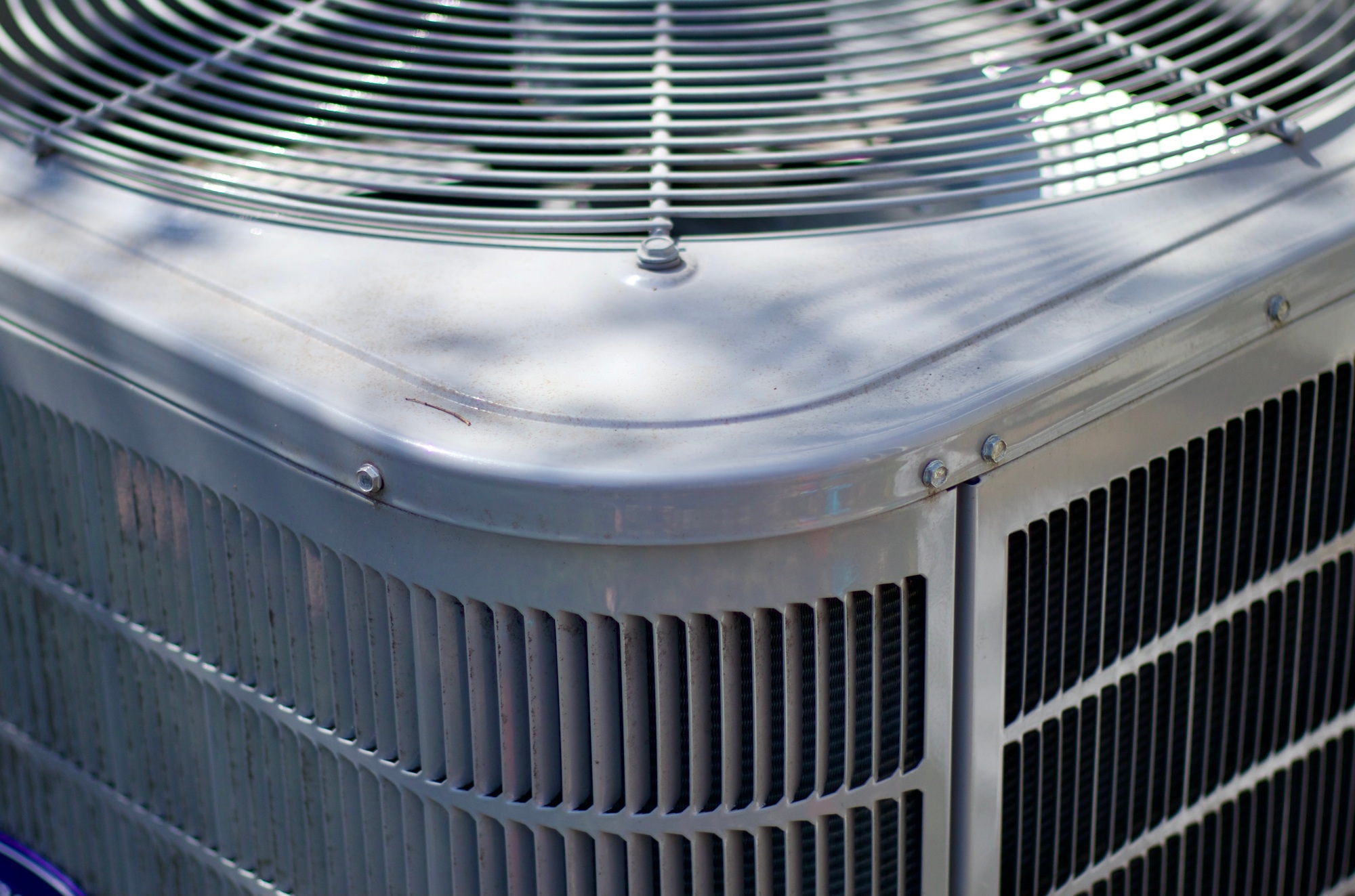In a market with dozens of HVAC companies competing for customers’ attention, BPM Heating & Cooling has managed to build a reputation that keeps their phones ringing while other companies struggle with seasonal ups and downs. I sat down with Bert Miskell, founder and owner of BPM, to discuss how his company has navigated the challenges of standing out in a crowded field, why integrity matters more than ever in home services, and the real issues facing skilled trades businesses today.
Building a Business in a Saturated Market
Jason: Thanks for making time for this conversation, Bert. Let’s start with the challenge that many business owners in our area face—how do you compete in a mid-sized city where customers have so many options searching for ac repair in frederick md?
Bert: Thanks for having me, Jason. You’re right that we’re in a crowded market—there are over 40 HVAC companies serving our metro area. When I started BPM twelve years ago, I knew we couldn’t compete on advertising dollars. The larger companies with 20+ trucks can afford constant radio ads and billboards that a smaller operation like ours simply can’t match.
Instead, we made a strategic decision to focus on what happens after we get in the door. Any company can buy a customer once through aggressive marketing or deep discounts, but that’s not sustainable. We built our business on creating customers who call us back year after year and recommend us to their friends and family.
Jason: How does that philosophy translate into daily operations?
Bert: It affects everything from hiring decisions to how we structure service calls. We pay our technicians differently than most companies—they receive hourly pay plus benefits rather than commission-based compensation. That might seem like a small detail, but it fundamentally changes the customer experience.
When techs are paid on commission, there’s pressure to upsell services or recommend replacements that might not be necessary. Our techs can take the time to truly assess what’s happening and often make minor repairs that extend the life of equipment rather than pushing for expensive replacements.
We also schedule fewer appointments per day than the industry standard. Most companies schedule 6-8 service calls per technician daily, which means they’re rushing from job to job. We schedule 4-5, allowing our techs to spend more time in each home, thoroughly explaining options to customers, and cleaning up properly after the work is done.
The Integrity Factor in Home Services
Jason: You mentioned integrity as a core differentiator. That’s a word many businesses use, but what does it look like in practice for BPM?
Bert: [laughs] You’re right that “integrity” can become an empty buzzword. For us, it comes down to being honest about what homeowners actually need—not what would generate the highest invoice.
Here’s a real example from last week: We got a call from a homeowner whose previous HVAC company told her she needed a complete system replacement, quoting her $14,000. One of our techs found that she actually just needed a control board replacement and some routine maintenance, which cost under $800. That homeowner is now a customer for life, and she’s already referred three neighbors to us.
We recently had a competitor move into town that advertises $49 service calls. What they don’t advertise is that their technicians are required to sell a minimum of $500 in repairs or maintenance on every single call, regardless of what the system actually needs. Their turnover is incredible because good technicians don’t want to work that way.
Jason: That approach must require significant training for your team. How do you ensure everyone maintains those standards?
Bert: We invest heavily in technical training, but just as importantly, we invest in customer service training. Technical skills get you in the door, but communication skills build the relationship.
Every Monday morning, we have a team meeting where we discuss challenging situations from the previous week. We role-play different scenarios and share feedback. Sometimes we bring in customers to tell us directly what their expectations are and how we could serve them better.
We also have a thorough hiring process. Technical skills are something we can teach, but integrity and customer focus have to be there from day one. I’d rather leave a position unfilled for months than hire someone who doesn’t share our values.
Navigating Industry Challenges
Jason: What are the biggest challenges you’re facing as an HVAC business owner right now?
Bert: Supply chain issues continue to be a major headache. Parts that used to arrive in 1-2 days now sometimes take weeks. We’ve had to increase our warehouse inventory by about 40% to ensure we have critical components on hand, which ties up capital and requires more storage space.
Equipment costs have increased dramatically—about 23% since 2021—but customers’ expectations around pricing haven’t changed at the same rate. We’ve absorbed some of those increases rather than passing them all to customers, which affects our margins.
But honestly, the biggest challenge is finding skilled technicians. There’s a massive shortage of trained HVAC professionals nationwide. The average age of an HVAC tech is now over 50, and we’re not seeing enough young people entering the trades to replace retirements.
Jason: What’s causing that workforce shortage?
Bert: There’s been a decades-long push toward four-year college degrees as the only path to success, and trade careers have been portrayed as a fallback option rather than a first choice. That narrative has done tremendous damage to skilled trades.
The reality is that our senior technicians earn $75,000-$90,000 annually with full benefits, no student debt, and a career that can’t be outsourced. Yet we struggle to get high school students interested in HVAC as a career path.
We’ve tried to address this by partnering with the local technical college. We offer paid internships, tool allowances for new techs, and a structured training program. We’re essentially growing our own workforce because we can’t rely on the market to provide it.
Technology and Industry Evolution
Jason: How has technology changed your business over the years?
Bert: It’s transformed nearly every aspect. On the customer-facing side, smart thermostats and integrated home systems have created both opportunities and challenges. We’ve had to ensure our technicians are trained not just in traditional HVAC but also in networking, smart home integration, and troubleshooting connected devices.
On the business operations side, we use software that allows our office to see exactly where each technician is, what parts they have on their truck, and when they’ll arrive at the next appointment. We can text customers precise arrival times, which they appreciate.
We’ve also invested in thermal imaging cameras, advanced diagnostic tools, and tablets for each technician. These tools allow us to identify problems more accurately and show customers exactly what we’re seeing in their system.
Jason: With all these technological advances, do you think the personal touch still matters in your industry?
Bert: It matters more than ever. As technology makes basic transactions more efficient, the human elements of trust and relationship become key differentiators. Anyone can install an air conditioner, but not everyone will take the time to understand your home’s specific needs, explain options in non-technical language, and follow up to ensure you’re satisfied.
We use technology to enhance the personal experience, not replace it. For example, our system automatically schedules follow-up calls after installations to check that everything is working as expected. That call comes from a person, not a recording, because we want customers to know there are real people standing behind our work.
Community Connection and Business Growth
Jason: How does being active in the local community play into your business strategy?
Bert: We see community involvement as both a responsibility and a strategic advantage. When you’re competing against national chains or companies based in other cities, local roots matter.
We sponsor youth sports teams, participate in Habitat for Humanity builds, and offer free service to elderly residents on fixed incomes during extreme weather events. Last summer during that week-long heat wave, we had technicians volunteering after hours to check on elderly customers’ air conditioning systems.
These activities aren’t primarily marketing initiatives—they’re about being good neighbors. But they do create a connection that’s difficult for larger companies to replicate. When people see our trucks around town or our team volunteering at community events, it builds familiarity and trust.
Jason: Looking ahead, what are your growth plans for BPM?
Bert: We’re actually approaching growth differently than many of our competitors. Rather than trying to expand geographically or add more service lines, we’re focusing on going deeper in our core market with our core services.
I’ve seen too many HVAC companies add plumbing, electrical, and other services too quickly, which dilutes their expertise and quality control. We plan to stay focused on being the absolute best at heating and cooling in this community.
Our target is controlled growth of about 10-15% annually, which allows us to maintain our culture and service standards. We’ll continue adding 1-2 technicians per year as we find the right people who share our values.
Final Thoughts
Jason: What advice would you give to homeowners trying to choose between so many service providers?
Bert: Look beyond the advertised special or the cheapest quote. Ask for and check references, read reviews from verified customers, and pay attention to how the company communicates with you from the first phone call.
Ask prospective companies how their technicians are paid. Companies that pay hourly rather than commission often provide more objective recommendations. Ask how long they’ve been in business locally and what kind of guarantees they offer on their work.
Most importantly, trust your instincts about how you’re treated. If a company is responsive, transparent, and treats you with respect during the sales process, they’re more likely to provide that same level of service after they have your business.
Quality HVAC work isn’t just about comfort—it affects your home’s energy efficiency, indoor air quality, and the lifespan of expensive equipment. Those aren’t areas where the cheapest option usually provides the best value.
Join the Conversation
What factors do you consider most important when choosing service providers for your home? Share your thoughts or experiences in the comments below.





